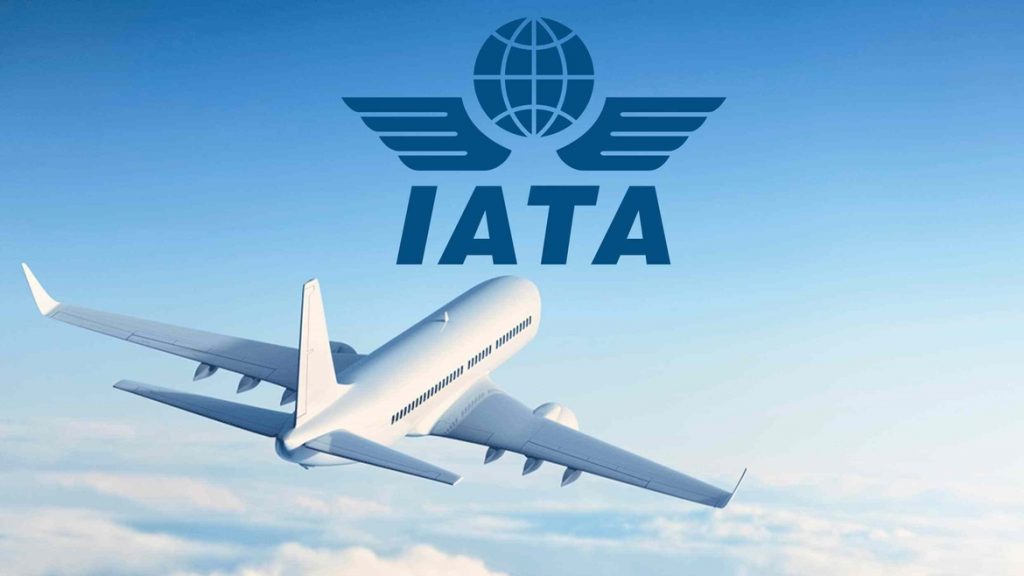
The director-general of the International Air Transport Association has predicted that the post-pandemic airline industry will be smaller and more cautious than before, as the industry begins to look towards the future.
Recently appointed Willie Walsh, who took over the top job at the agency from Alexandre de Juniac last month, also said airlines are unlikely to seek out expansion or acquisitions in the immediate aftermath of the pandemic, as businesses lick their wounds after nearly 18 months of subdued travel demand.
As it stands, much of the industry is still seeing parts of its fleet grounded due to insufficient funds and demand, and capacity levels just a fraction of what they were before COVID-19 hit.
Speaking at the virtual event Arabian Travel Market, the former British Airways chief executive said “it will be a smaller industry. We are not going to recover all the capacity”, particularly in light of a slew of early aircraft retirements, and staff levels that will remain somewhat permanently lower due to layoffs.
“It’ll be a smaller, more cautious industry, and I think that caution is justified, because nobody wants to survive this crisis only to fall over when the recovery starts,” he added.
Walsh also said that some airlines may still fail to survive the ongoing effect of the crisis, after bailout funding dries up, and airlines have to battle it out for what little passenger revenue exists.
“For some airlines, the cash crunch is ahead of them, because they will face the real challenge, when they start trying to ramp up because they don’t have the traditional cash reserves that you have from sales in advance of carriage,” Walsh said. “There’s nobody selling tickets.
“It’s going to take airlines time to repair their balance sheets.”
Meanwhile, Walsh does not expect to see much in the way of business being done among airlines, such as mergers and acquisitions (M&A), due to the shaky standing of the industry.
“I don’t expect to see M&A activity, principally because people will be guarded about the cash they have. It’s just too risky to spend your valuable cash resources trying to acquire something at this stage,” he said.
While the IATA continues to stand by its prediction that global travel demand will not hit 2019 pre-COVID levels until 2024, Walsh is optimistic that the second half of 2021 will see the industry pick up some steam as nations move towards getting the majority of their populations vaccinated.
“Most airline executives probably expected to see a recovery starting in the first quarter and certainly we’re optimistic about a strong second quarter,” he said.
“There are reasons to be optimistic when we look at the second-half. Nearly 70-80 per cent of the population will be fully vaccinated and that really does provide the opportunity.”
However, with opportunity for success comes opportunity for failure.
“Nothing has changed the competitive nature of this industry,” he said.










